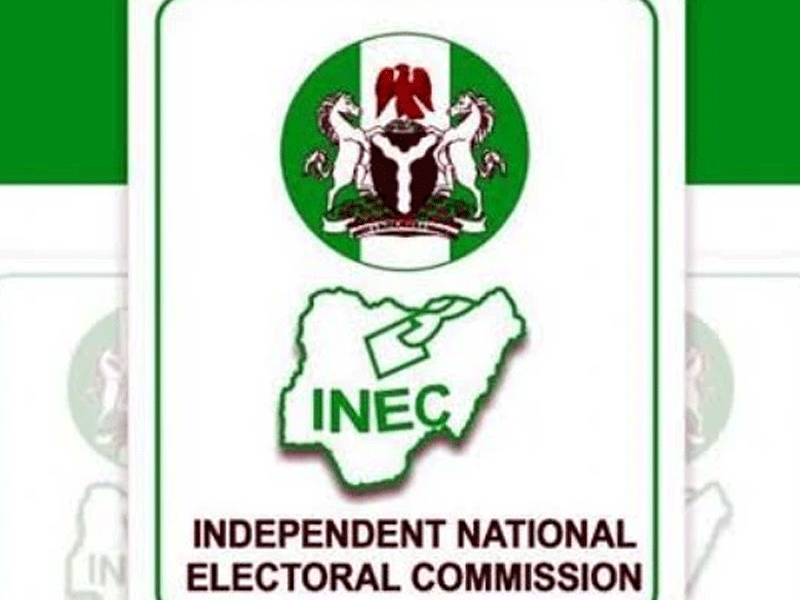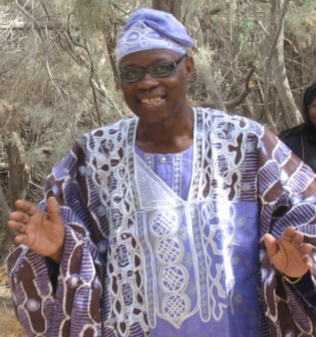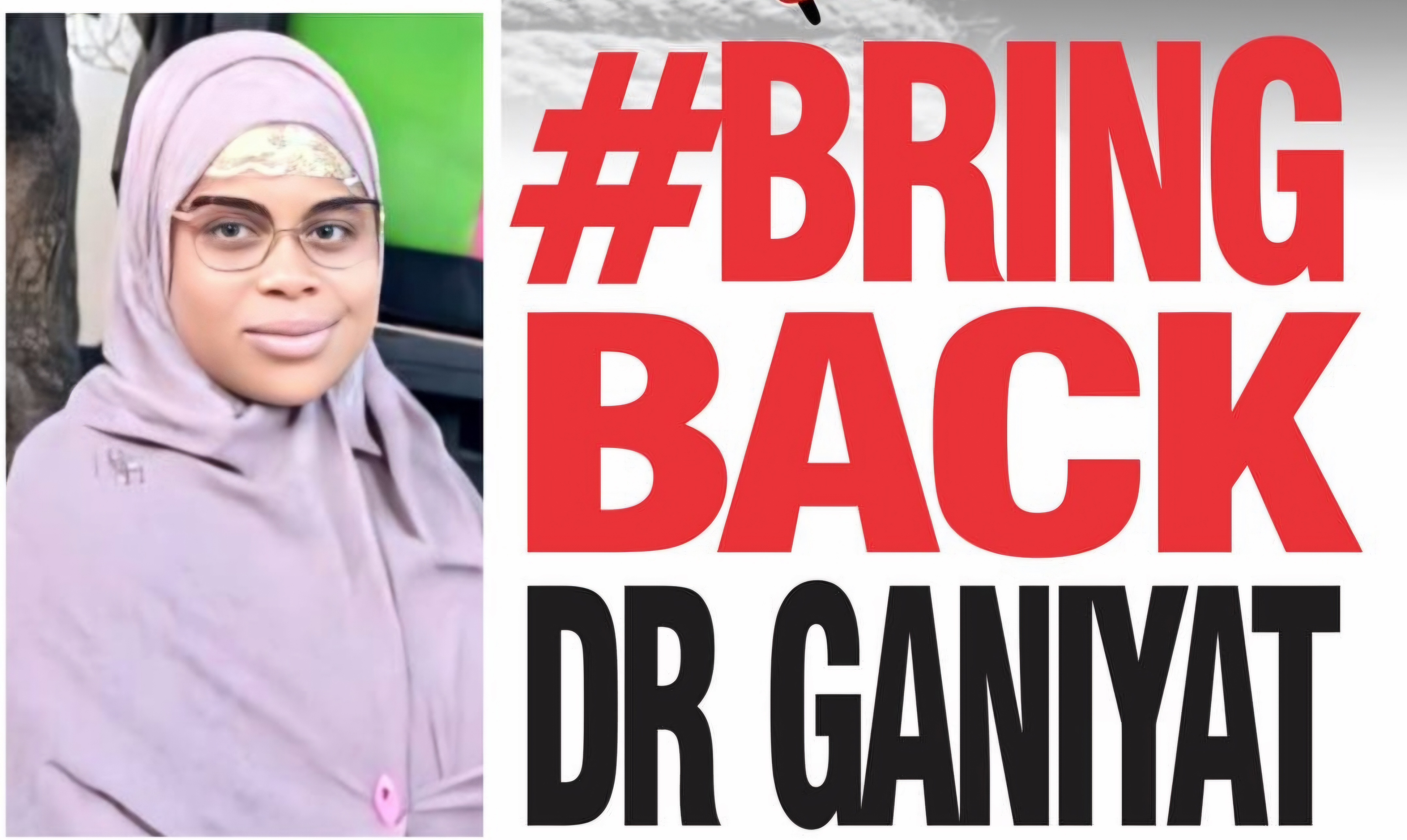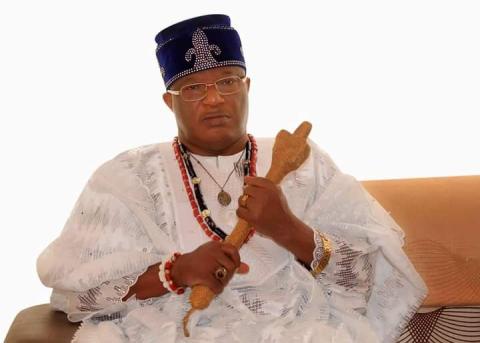
Breaking News: Unilorin Alumi Association: 'We were warned' - Opinion
Breaking News: Breaking: Court Restrains Oyo Assembly from Further Impeachment Process Against Makinde’s Deputy, Olaniyan
Breaking News: Labour leaders physically assault Ogun journalists for covering strike, harass hospital workers
Breaking News: Congratulations Asiwaju – Osinbajo’s spokesperson accepts defeat
Breaking News: Finalissima: Messi steals show, beats European Champion, Italy
The former Vice President, Atiku Abubakar, has said that the Supreme Court has the power, jurisdiction and discretion to grant his application for adducing fresh or additional evidence on appeal against the election of President Bola Ahmed Tinubu.
This, Atiku said, in his legal argument in support of his application to tender the Certified True Copy of Tinubu’s certificate obtained from Chicago State University, against the qualification of the President at the time of election.
One of the cases cited in his legal argument in support of the application, according to the document obtained by HorizonTimes, was a case prosecuted by the lead Counsel to the President and a former President of Nigeria Bar Association, Wole Olanipekun.
Reproducing the decision of the Supreme Court in Uzodinma vs. Izunaso, 2011, Atiku argued that fresh evidence or additional evidence is properly exercised if it is for the furtherance of justice.
The Supreme Court, according to the document, said, “Learned counsel for the Appellant, Chief W. Olanipekun SAN observed that trial took just three days and judgement was delivered on the 28/1/2011, he thus had very little time to assemble relevant documentary evidence, including exhibit HU2. He further observed that it was in 7/4/11 that he obtained from the PDP Secretariat, the extract of the NWC meeting of 5/1/2011 – exhibit HU2. He submitted that the documentary evidence (exhibit HU2) is clear and unambiguous and no further evidence is to be adduced on it.
“The discretion to grant leave to admit new evidence, fresh evidence or additional evidence is properly exercised if it is for the furtherance of justice. Judges must exercise that power sparingly and with caution. This is so because granting the application could amount to allowing the applicant to reopen his case or present a new case.
“The application should be granted if the applicant is able to satisfy the court that it is extremely difficult or not impossible to obtain the evidence before the trial and it is in the interest of justice that the said evidence is led.”
In another case cited by Atiku; Nigeria Customs Service Board vs Innoson Nig Limited, 2022, the Supreme Court was quoted to have held that, “Similarly, this court in Adegbite vs Amosu, 2016 held as follows: “Thus, documents not tendered at the trial court due to inadvertence of counsel, can be tendered on appeal as fresh evidence in the interest of justice.
“From the authority cited herein, this court is empowered to allow an applicant raise fresh points on appeal where refusal to allow the new points will occasion miscarriage of justice.”
He also cited Order 2 Rule 12(1)(2)(3) of the Supreme Court Rules, as part of his argument.
According to him, the requirement for the grant of application to adduce fresh or additional evidence on appeal have been established by the court in many cases.
He said the requirements include, “It must be shown that the evidence sought to be adduced in evidence could not have been obtained with reasonable diligence for use at the trial.
“The fresh evidence must be such that if given, it will probably have an impact effect on the result of the case, although, it needs not be decisive; and.
“The evidence must be such as is presumably to be believed; in other words, it must be apparently credible.”
He argued that the deposition was not available at the time of filing the petition and at the hearing of the petition, adding that the deposition sought to be adduced is, along with its accompanying documents, such as would have important effect in the resolution of this appeal.
“The deposition is relevant to this matter, having confirmed that the certificate presented by the 2nd respondent to the Independent National electoral Commission, INEC, did not emanate from Chicago State University, and that whoever issued the certificate presented by the 2nd respondent, did not have the authority of the Chicago State University, and that the 2nd respondent never applied for any replacement certificate nor was he issued any replacement certificate by the Chicago State University.”
He argued further that presentation of forged certificate to the Independent National Electoral Commission, INEC, by a candidate for election into the office of the president is a weighty constitutional matter which requires consideration by the court as the custodian of the constitution.
In the case number SC/CV/935/2023, Atiku had sought for “An Order of this honourable court granting leave to the appellants/applicants to produce and for the honourable court to receive fresh and/or additional evidence by way of deposition on oath from the Chicago State University for use in this appeal, to wit: the certified discovery deposition made by Caleb Westberg on behalf of Chicago State University on October 03, 2023 disclaiming the certificate presented by the 2nd respondent, Bola Ahmed Tinubu, to the Independent National electoral Commission.
“And upon leave being granted, an order of this honourable court receiving the said deposition in evidence as exhibit in the resolution of this appeal.”
In the document supported by 20 paragraph affidavit, and a seven pages written addresses in support of the motion, the former Vice President formulated a single issue for determination on “Whether this honourable court ought to exercise its discretion in favour of the appellant/applicant by granting the prayer sought.”
Newsletter





We are not gonna make spamming
Copyright By @ HorizonTimes - 2026
BACK TO TOP